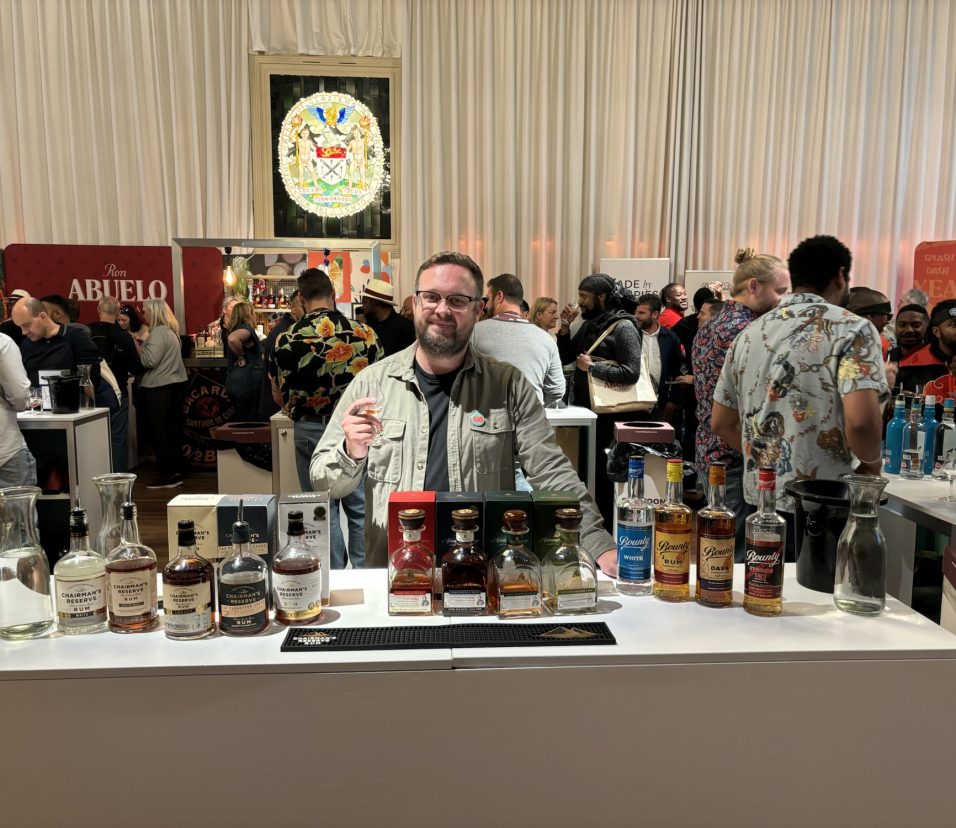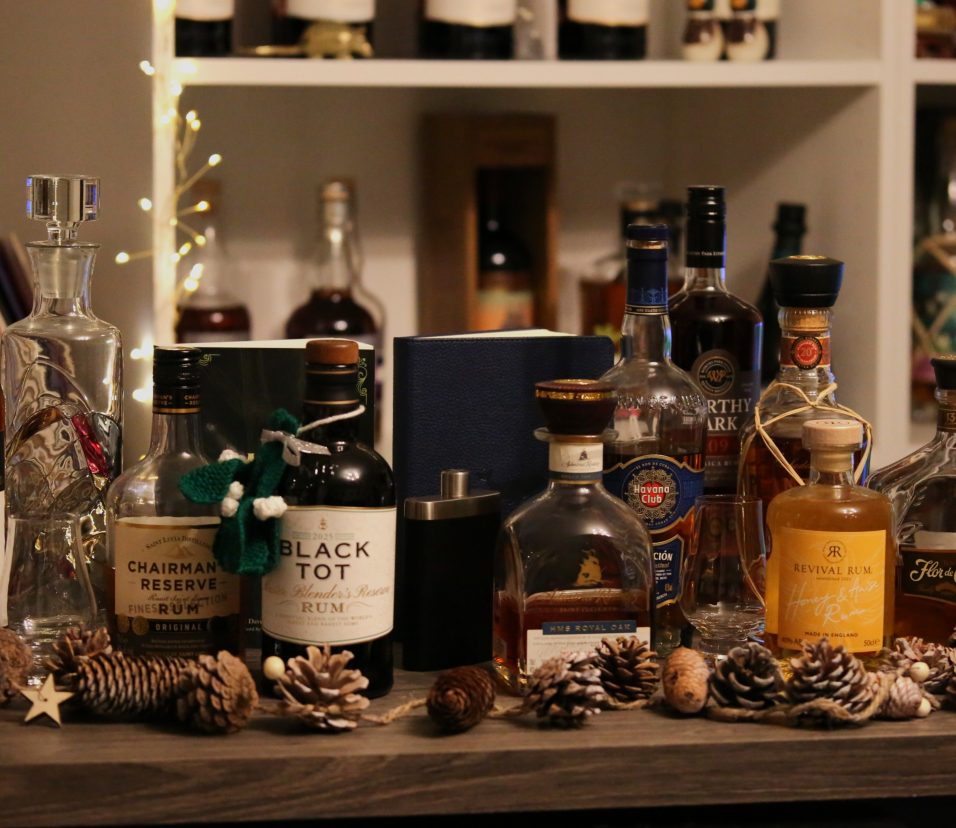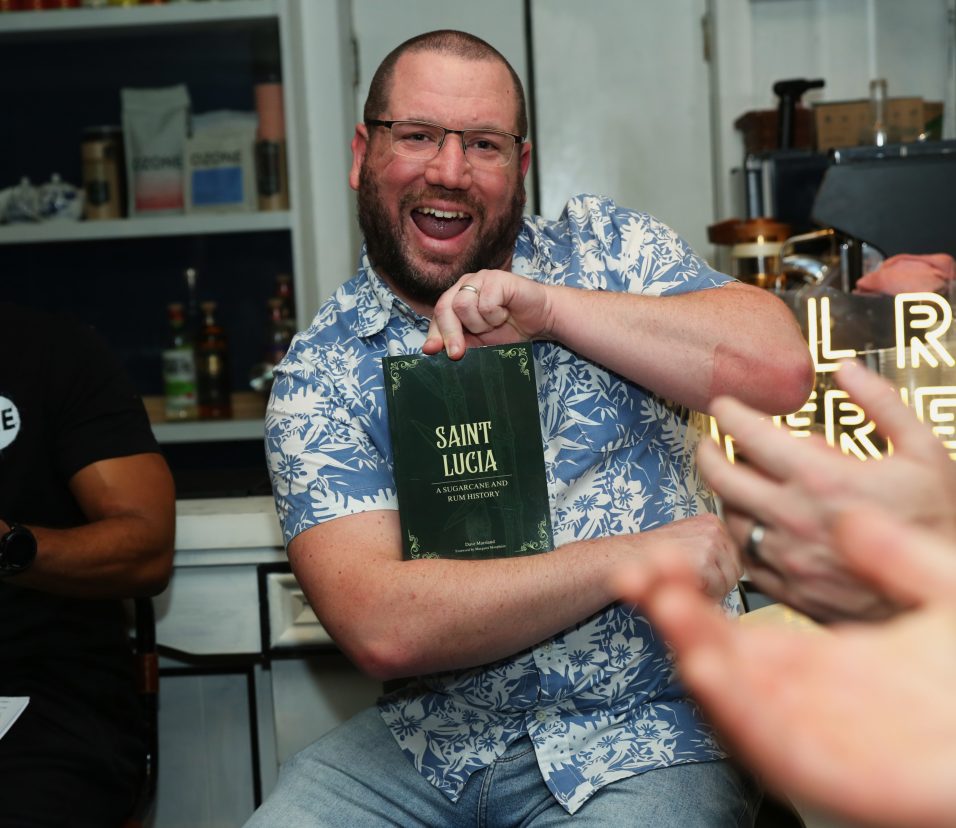How to buy rum at auction: Tips for first-time bidders
Buying rum at auction is a bit like stepping into Aladdin’s cave. Rare bottles everywhere, that one release you missed years ago suddenly staring back at you, and the faint hope that maybe you’ll stumble on a bargain. But auctions aren’t as simple as clicking “bid” and watching the magic happen. There are traps, temptations, and the occasional harsh lesson.
I’ve had my fair share of wins and regrets on sites like Rum Auctioneer, so I thought I’d put together some advice for anyone tempted to take the plunge.
Know Your Limit
One of my biggest rum auction tips for beginners is to set a budget and actually stick to it!. Before bidding decide what you’re willing to spend. And no, not “about £100, maybe a bit more if it looks good” – I mean an actual number. Because once you’re in the heat of it, those little nudges of “just another £5” can quickly add up. Before you know it, you’ve spent more than you intended and you’re left explaining to yourself (or worse, to your other half) how that one extra bid somehow doubled the bill.
The Real Cost Isn’t the Hammer Price
This is the lesson that stings the most the first time. One thing people overlook when asking how rum auctions work is all the extra costs… that “winning bid” you’re so pleased with? It’s just the start. By the time you’ve added the auction house fees, VAT, shipping, insurance, and possibly import duties, the number on your invoice can look very different to the one you celebrated on screen.
I’ll share an example from my own experience here for bottles I thought I’d snagged at a great price until the extras piled on. Spoiler: they weren’t quite as cheap as I convinced myself at the time (but still worth it, fortunately)
Order Subtotal £370.00 (hammer price)
Shipping £45.00
Commission £46.25
Loss and Breakage Assurance £14.80
Order Total £476.05
Customs (import VAT) £121.83
Real Cost £597.88
As you can see from my example here.. my hammer price vs what I ended up paying once all was done were quite different!! It’s safe to say I won’t forget about import tax again!
A small break from reading here so I can show off some of my past auction wins!
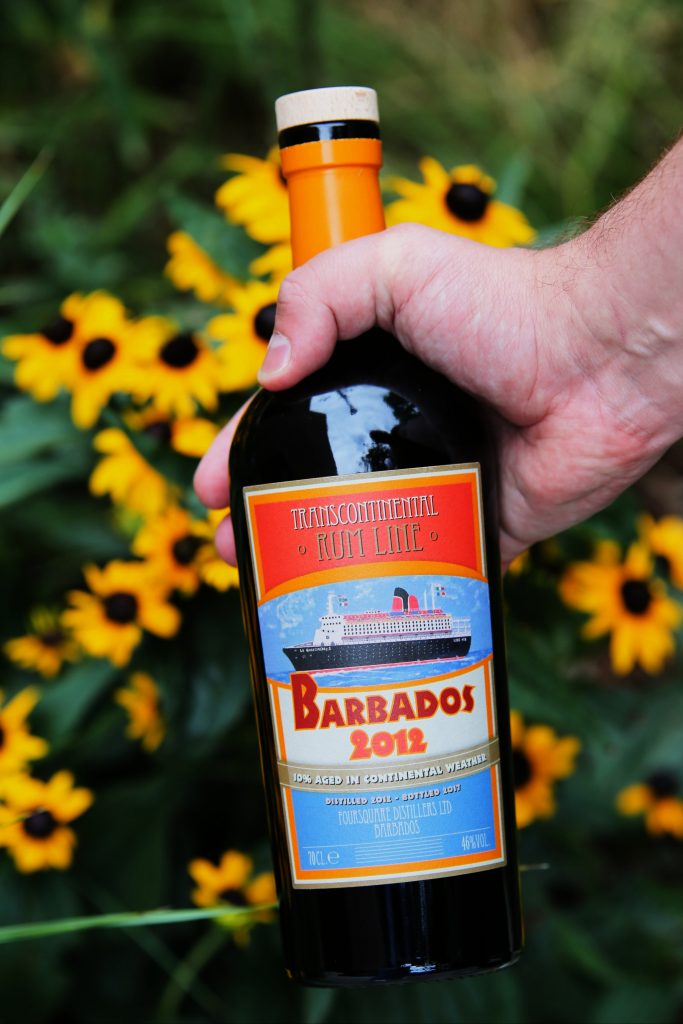
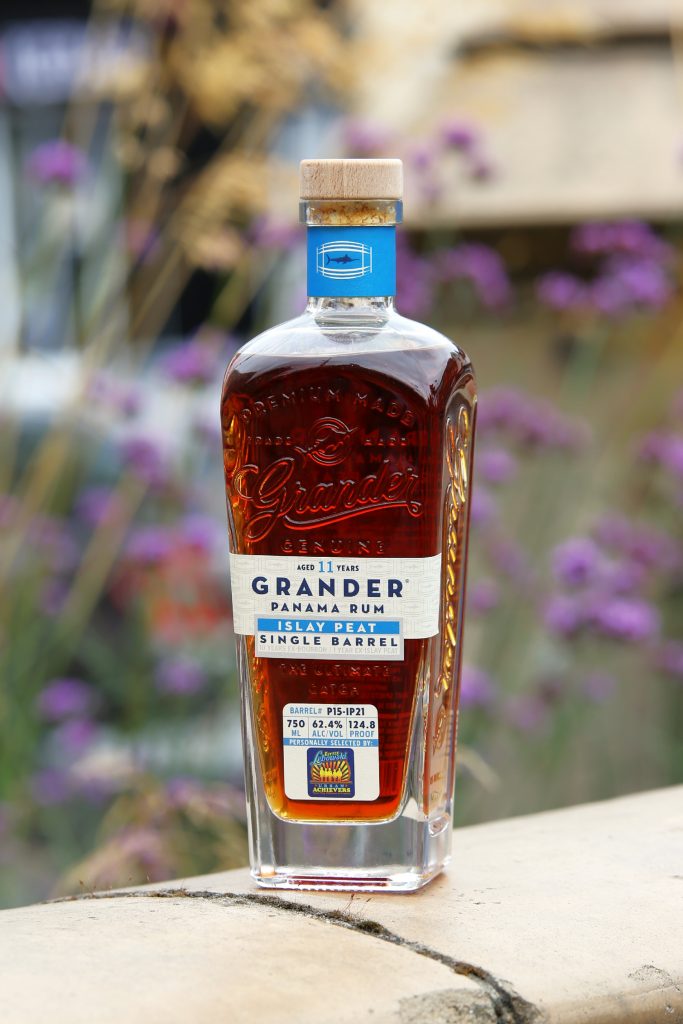
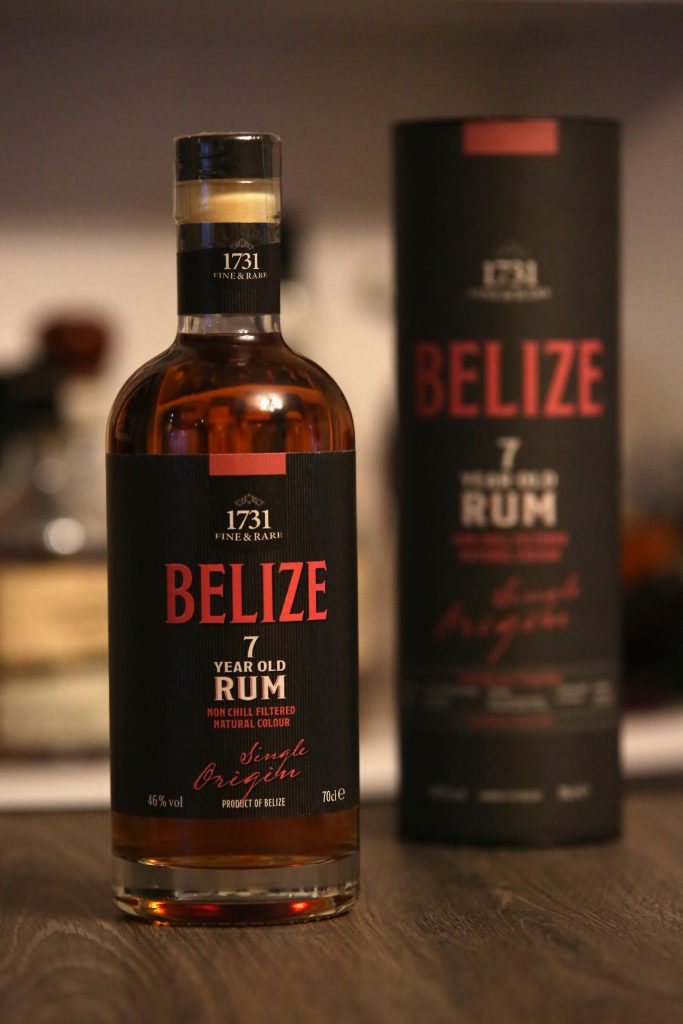
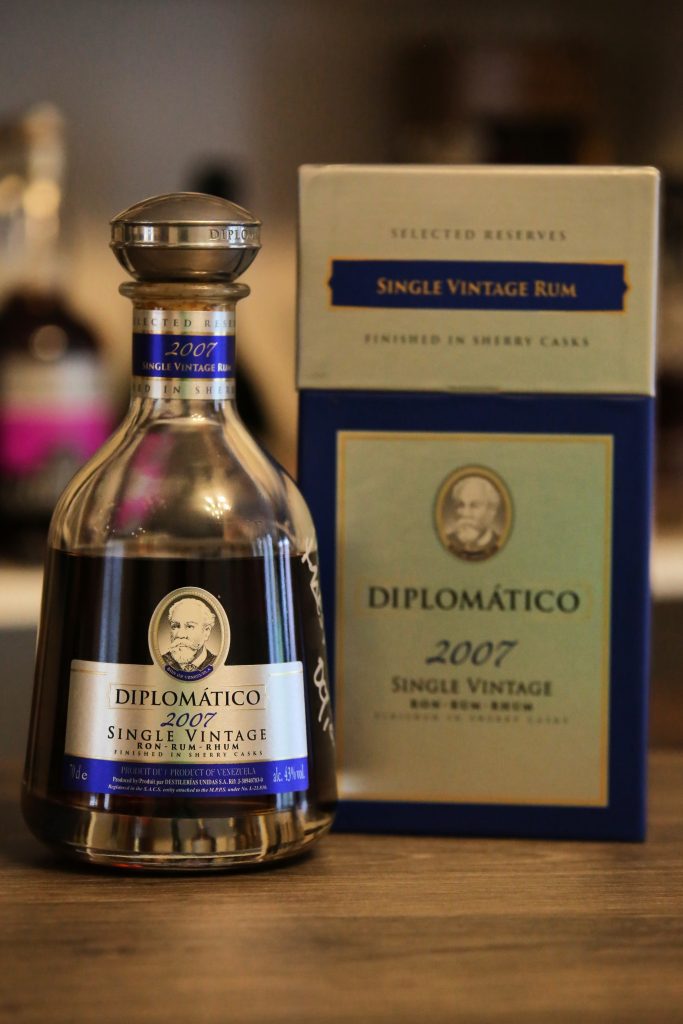
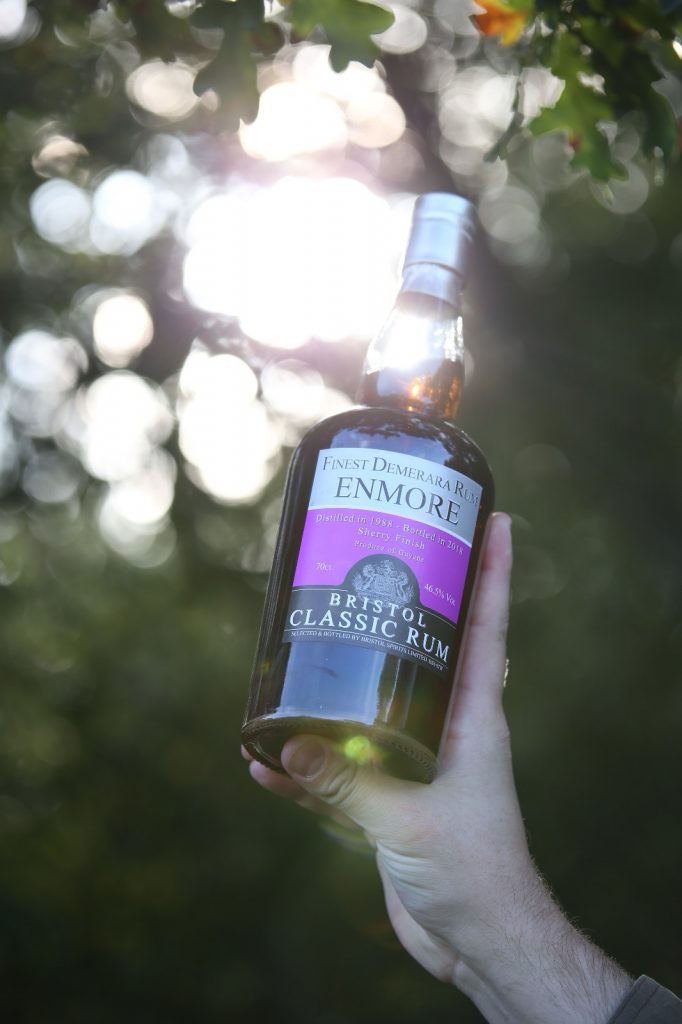
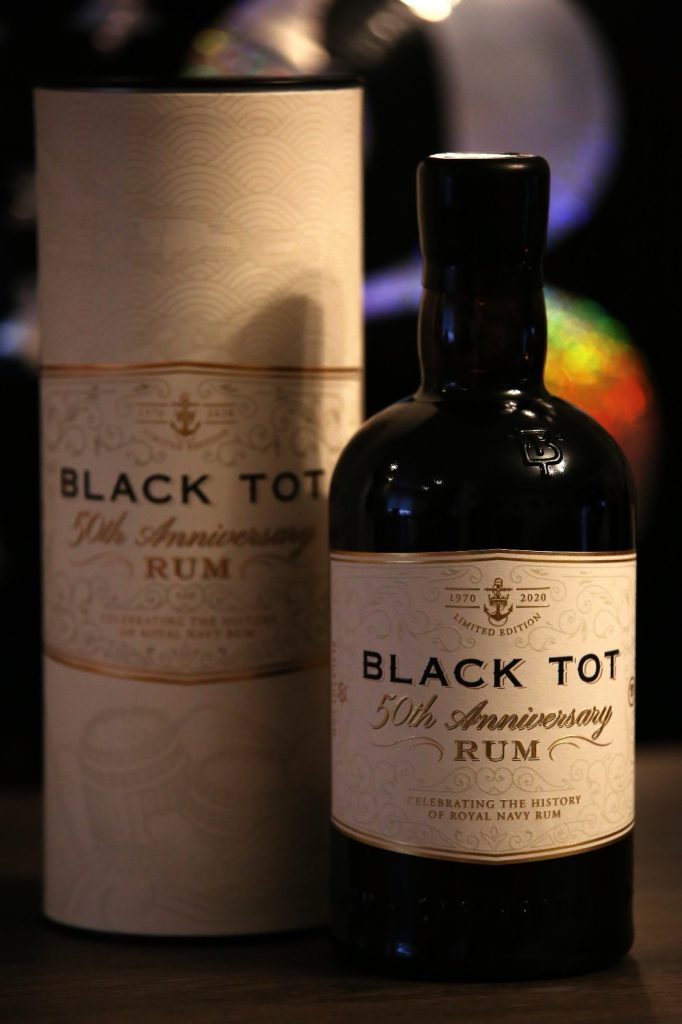
Do Your Homework
Not every bottle listed is a unicorn. Sometimes retailers still have stock on their shelves for less money than you’ll end up paying at auction. Other times, a “rare” release is really just riding a wave of hype. Before bidding, it’s worth checking a few things: what the bottle originally retailed for, whether it’s still available elsewhere, and how much it has actually sold for in past auctions. Most sites keep their old results searchable, definitely make use of them.
It’s a small effort that can save you from overpaying for something you could have bought new.
Playing the Game
There are plenty of rum auction bidding strategies floating around… some people prefer to set their maximum early and walk away, letting the system do the work and sparing themselves the stress. Others like the drama of swooping in near the end, trying to snatch a win at the last second.
Personally, I’ve tried both. Sometimes I win, sometimes I’m outbid in the final minute and left watching someone else walk away with “my” bottle. Worth noting: most auction sites extend the closing timer if someone bids late, so the final stretch can feel less like a sprint and more like a staring contest.
Expect to win
Especially when it comes to placing bids on a few bottles that have caught your eye it’s good to maintain a mentality of “I might win everything”. If you’ve got a budget of £100 total and you put 4 separate bids of £75 on to ‘hedge your bets’ and see which one (if any) you want to chase later and then end up winning on them all, you’re suddenly VERY out of pocket. I’ve made this mistake before and it’s a great time to remind yourself to only bid what you’re happy to spend – both on a bottle by bottle basis and all in once you’ve added up the 4 bottles and fees.
Final Thoughts
Auctions are exciting, and they’re one of the best ways to find bottles you’d otherwise never get to try. But they can also be dangerous for the wallet if you don’t go in with a plan. Know your limits, factor in the real costs, and remind yourself that sometimes it’s better to let a bottle go than to end up regretting the invoice.
Treat it as part of the fun – the chase, the thrill, the occasional heartbreak. And when you do land something special, pouring a dram makes it taste all the much better for it.



